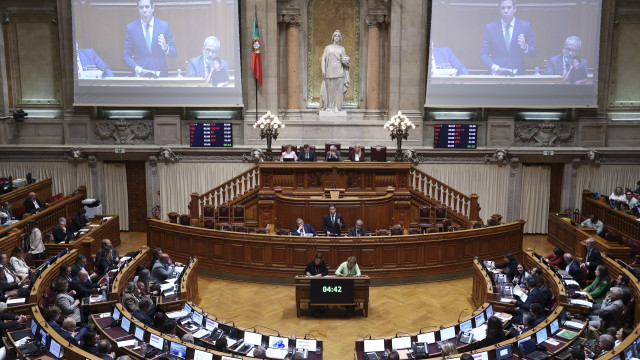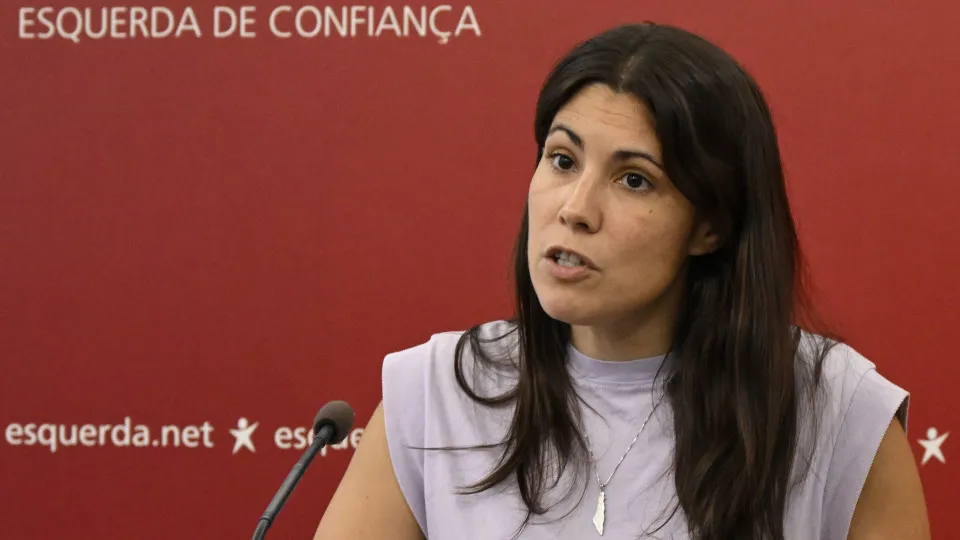
A public tender for designing a civic awareness campaign by Portugal’s National Electoral Commission (CNE), as detailed in its terms on the organization’s website, aims to objectively inform citizens on the election’s significance for the country, the electoral process, and voting procedures.
The campaign is directed both nationally and internationally.
Domestically, the focus is on encouraging electoral participation to combat abstention, along with informing about the election date.
It will clarify the election type, polling locations, and early voting procedures for prisoners, hospitalized individuals, and registered nationals abroad, as well as mobile early voting within the territory.
Internationally, the campaign addresses the high abstention among expatriate voters, seen in the 98.12% abstention rate during the 2021 presidential elections.
For emigrants, information will cover the two voting days (the day before and on the election day), the sovereignty body to be elected, and voting procedures for these citizens (in person at the diplomatic representation).
The campaign will utilize various media, including television, radio, newspapers, and social networks, allocating 10% of the overall budget to Portuguese communities abroad.
The public tender allows up to €70,000 for campaign design and some content creation. Up to €380,000 will be used for campaign dissemination through different media channels.
The Secretary of State for Portuguese Communities, Emídio Sousa, declared in parliament on Wednesday the government’s commitment to a vigorous campaign urging Portuguese voter participation, especially from expatriates.
In presidential elections, Portuguese expatriates must vote in person.
In the last electoral event in which Portuguese expatriates participated, the legislative elections in May this year, 1,584,722 voters were registered.
Voter registration for Portuguese citizens, both domestically and abroad, is open until November 18, 60 days before the presidential elections scheduled for January 18, 2026, crucial for those who have since changed their residence.




